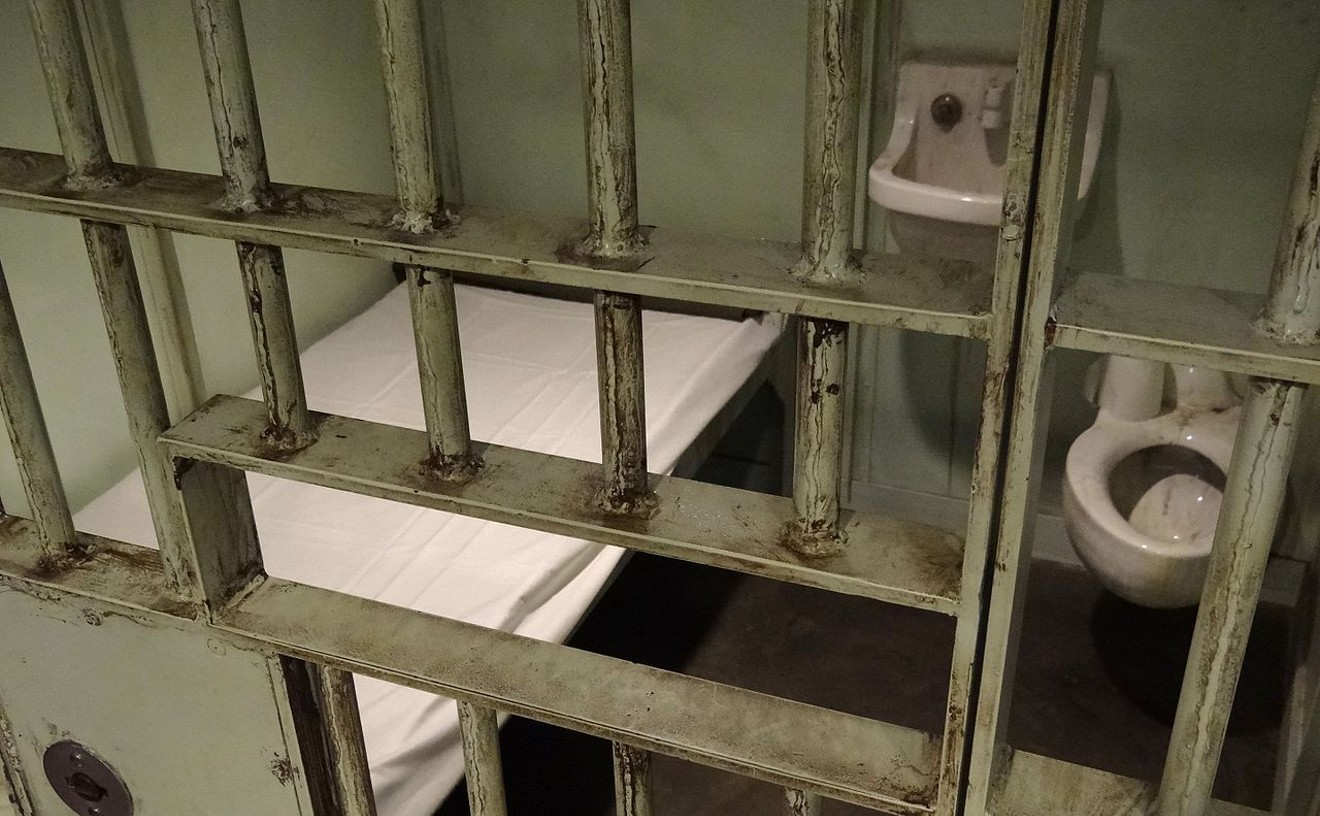You've likely noticed that gas stations have been changing the numbers on their signs to reflect an increasingly more expensive product, over and over again. As prices creep around the $4 mark while campaign season stirs, and energy continues its rise to the top tier of our national concerns, views on the issue have sharpened. With that, Republicans are more strongly in favor of expanding traditional energy exploration, including hydraulic fracturing, over the development of alternative energy sources, and the margin of opinion is significantly wider than it was last year, according to a Pew Research Center study conducted this month.
"It's more of a partisan issue than it was in the past," Carroll Doherty, an associate director at the Pew Research Center, tells Unfair Park.
Results revealed that a third of Republicans viewed development of alternative energy sources as more important than oil, natural gas and traditional sources, while 59 percent viewed the traditional sources as a more important priority (last year Republicans were evenly divided). Democrats were about 30 percent more likely than Republicans to favor increased federal funding for alternative energy research. Meanwhile, the general public still views alternative energy as a more important priority than traditional sources, but by a significantly smaller window than last year.
Additionally, men favor fracking by about two-to-one, while women are evenly split. That's among those who have heard "at least a little" about the practice. Age and regional location weren't determined to have much influence on opinion, but there was a definite chasm based on education.
College graduates were split evenly in their views on fracking, while a majority of those who did not graduate college support fracking.
But party affiliation trumped gender and education as the strongest determining factor, with three-quarters of Republicans in favor of fracking, compared with one-third of Democrats.
"What's changed is the emphasis [on traditional sources rather than alternatives], and I think that's a short-term phenomenon," Doherty says. "When gas prices go up, the public gets more anxious about the supply side."
Doherty draws the connection to gas prices based on another Pew study, which tracked the news people were hearing about the economy. In that study, 85 percent of people responded that they were hearing bad news about gas prices. As for the other 15 percent, most said they heard mixed news (or perhaps they didn't hear the question correctly).
"This is an issue that may well gain greater visibility in years to come," Doherty says. As for what the future might hold, Pew couldn't venture a guess at that.










